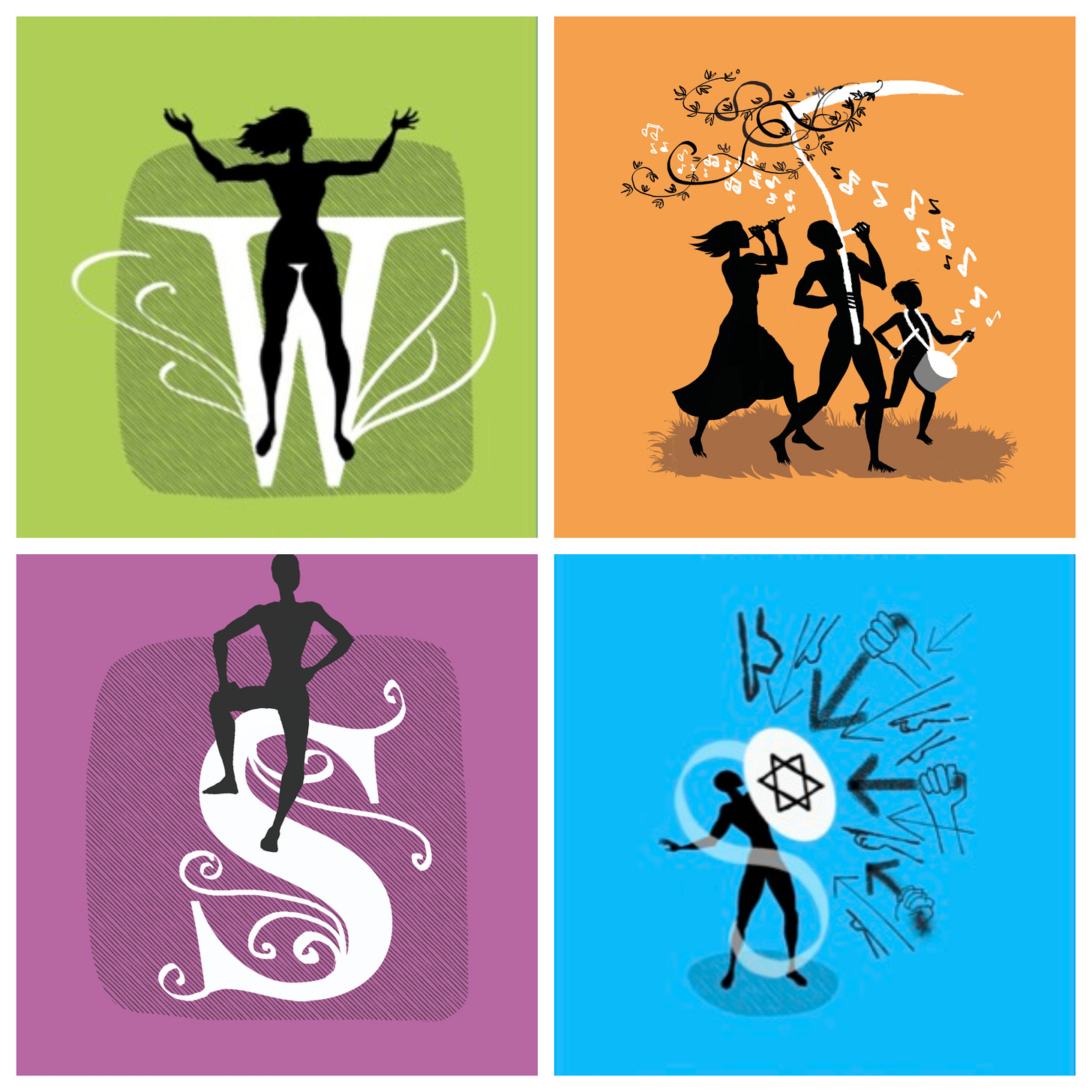Stocking fillers that will help fight for freedom in 2023
Spread some liberty-loving Christmas cheer
In 1638, from a cell in Fleet prison, John Lilburne began writing one of his many pamphlets condemning the King, calling for the ‘freeborn rights’ of every man in England. Free-borne John, as he came to be known, was whipped, humiliated and imprisoned - eventually dying behind bars - for speaking up in favour of freedom. Lilburne’s writing and belligerent bravery inspired similar radical pamphlets among the Leveller movement, who campaigned for popular sovereignty, suffrage and equality before the law. The pamphlet entitled ‘An Agreement of the People’ was the subject of the famous Putney Debates in 1647, in which the future of English politics was discussed - including the prospect of one man, one vote.
Ever since the invention of the printing press, radicals have used pamphleteering as a means to disseminate their ideas among wider audiences. From The Popish Plot to the American Revolution, pamphleteering was also used by thinkers and activists to debate issues in the public square. Pamphleteers often pushed the boat out - the Chartist WE Adams’ pamphlet Tyrannicide became infamous for its musings on whether killing a tyrant was justifiable. From the abolitionist movement to the Suffragettes, handing out printed missives between friends and strangers has been central to many historical movements seeking popular support for political change.
It is on the shoulders of these giants that the Academy of Ideas’ Letters on Liberty series seeks to stand. Originally conceived of as a means to keep political debate alive during the dark days of coronavirus lockdowns, our initiative is now over two years old. In a world where digital reigns supreme, we decided to bring back a printed pamphlet you could secrete in your pocket, sew into the lining of your jacket and sneak past the censors. Letters on Liberty stand for freedom, democracy and populist debate. Their modest aim is to change politics by means of provocation - opening up a space for discussion by catapulting ideas into the public realm.
With over 30 pamphlets now published, we have covered all kinds of issues related to the love of liberty. From Frank Furedi on the importance of free speech to Austin Williams puncturing the conservatism of Green misanthropy, each Letter is intended as a mini manifesto for freedom. The art critic JJ Charlesworth wrote in favour of artistic freedom, the philosopher Roslyn Fuller explored the constraints of contemporary narcissism, the automotive journalist Hilton Holloway defended the freedom afforded to us by four wheels and the translator Vanessa Pupavac extolled the possibilities for liberty in communicating across languages.
We’ve had pamphlets on pamphleteering - with Brian Denny’s ode to folk and the English radical tradition, with other pamphlets on sex, race, abortion, anti-Semitism, gambling and much more. While some of our Letters are about timeless issues - like the freedom to imagine in Phil Harrison’s dedication to literature - others have responded to contemporary debates happening today. Alastair Donald’s Letter explored the Scottish question in relation to calls for a second referendum on independence. Claire Fox reflected on what the Brexit referendum had changed about our sense of self sovereignty and its possibilities. James Esses used his experience as a psychotherapist to pick apart the dangers for freedom in gender ideology and Josie Appleton railed against the excessive restrictions placed on our lives throughout the Covid pandemic. Others have looked to the future, like Jeremy Hildreth’s celebration of Bitcoin or Dolan Cummings’ promise to take our consciences seriously.
From debating and contrarianism to women’s freedom, mental health, children’s freedom, educating the next generation, digital ID, culture wars, teaching history and animal sentience, our Letters have been ambitious. Unlike Lilburne’s contemporaries, you don’t risk having your ears cut off for sedition or being forced to spend a night in the stocks for carrying around a challenging pamphlet. But in an age where free speech is seen by many as a dangerous thing - with books and pamphlets that stray outside what is deemed acceptable literally being ripped up - we at the Academy of Ideas believe it is more important than ever to defend liberty.
That’s why we’re not stopping here. We have big plans for 2023, and we hope you come along with us. If you’re passionate about freedom, and think you can write 2,700 words on why it’s important to your favourite subject (be it the freedom to paraglide or the freedom to poeticise), pitch us your own Letter on Liberty. And if you haven’t already, subscribe to get our beautiful pamphlets, illustrated by the artist Jan Bowman, to your door by clicking this link - or becoming a paid Substack subscriber.







